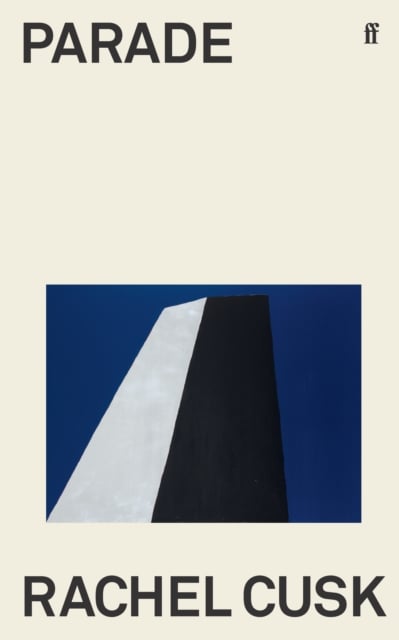Rachel Cusk on Art, Violence and Freedom through Destruction
The biographies of several artists, all named G, form a kind of exoskeleton to Rachel Cusk’s latest novel Parade, encasing the book’s other captivating strands—the story of an unprovoked attack on a Parisian street, the story of a couple on a remote island, the story of a suicide at a museum, the story of the death of a mother. Elements which themselves are arranged into four sections—The Stuntman, The Midwife, The Diver and The Spy—that, set down beside each other, interact and converse thematically, philosophically, but also alchemically, like a kind of a very contemporary, and very Cuskian take on the Tarot. Parade is a novel that uncovers and disrupts systems of control on every scale—from systems of individual thought, to the systems of familial hegemony, to systems of societal oppression. It’s also beautifully intricate, strikingly forthright and, at times, startlingly funny. In conversation with Adam Biles.
















